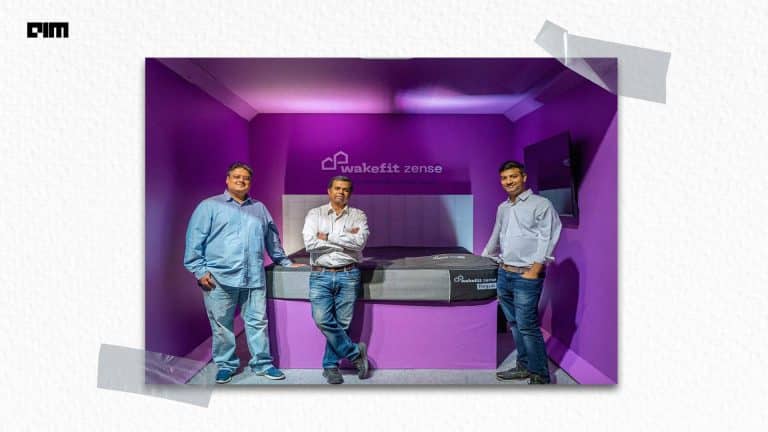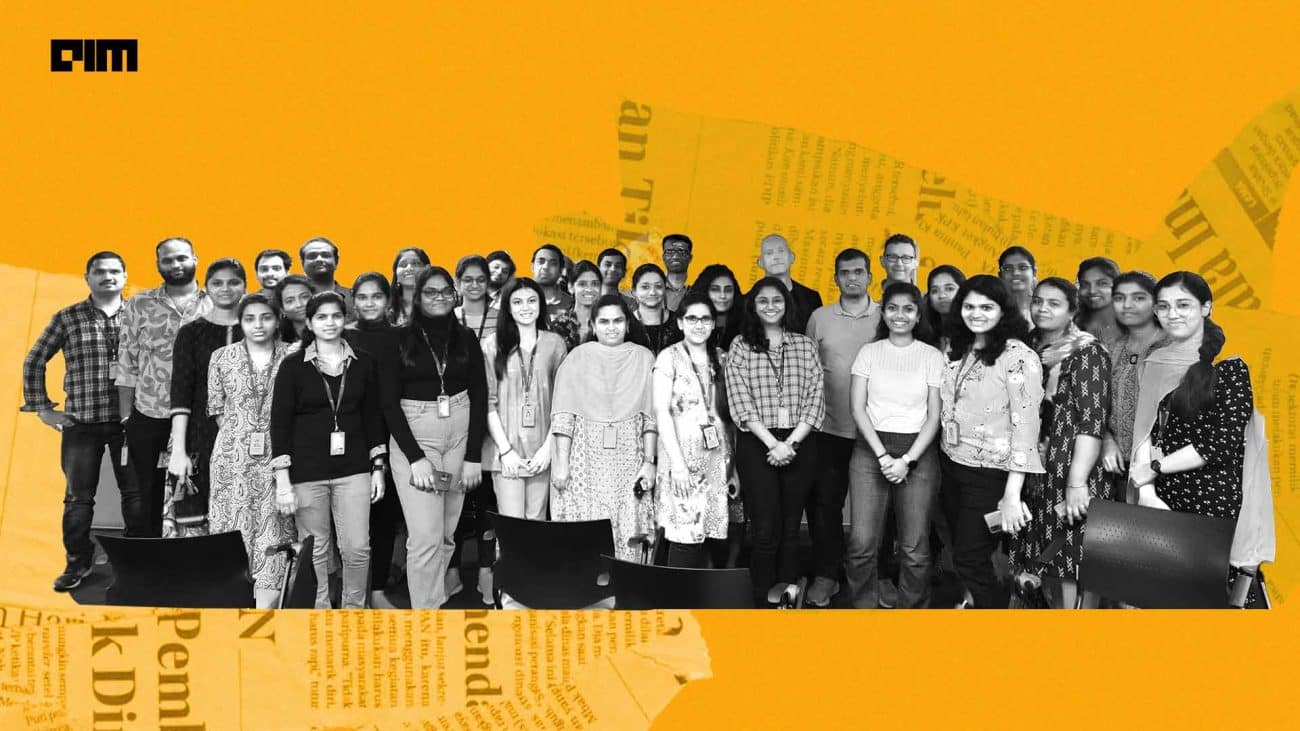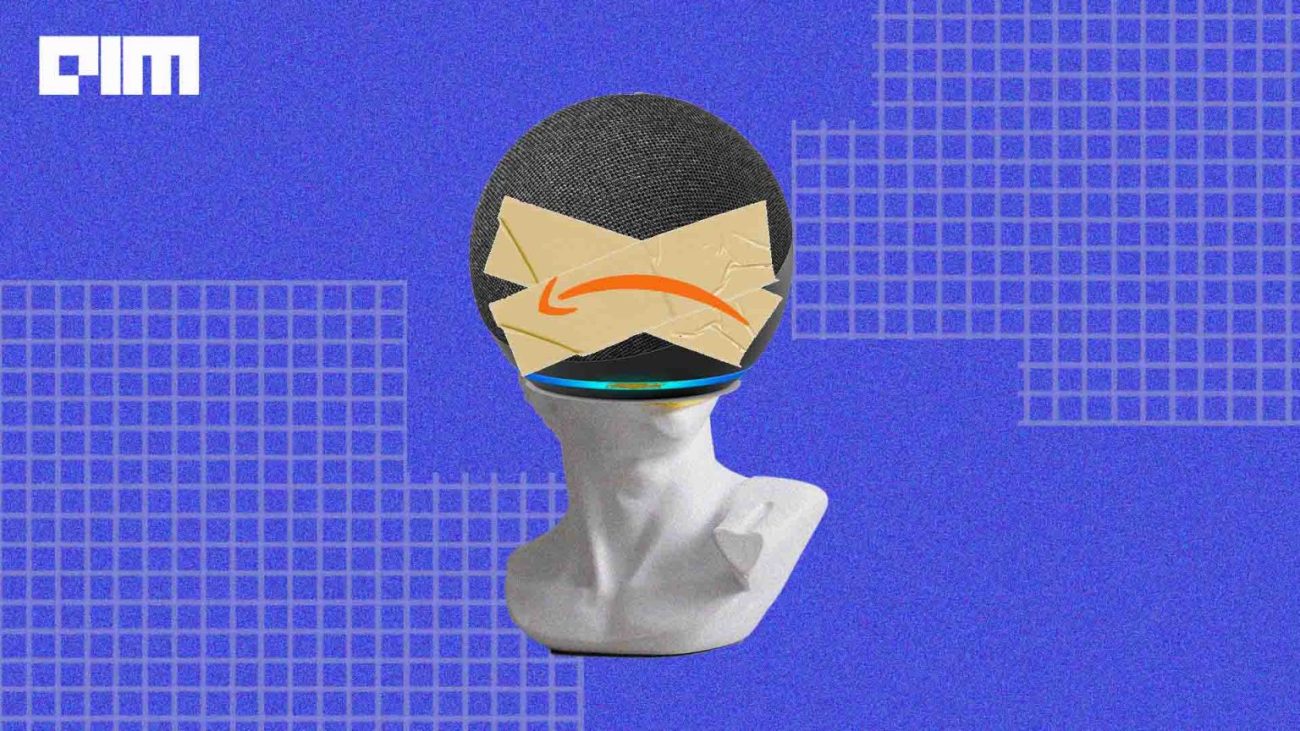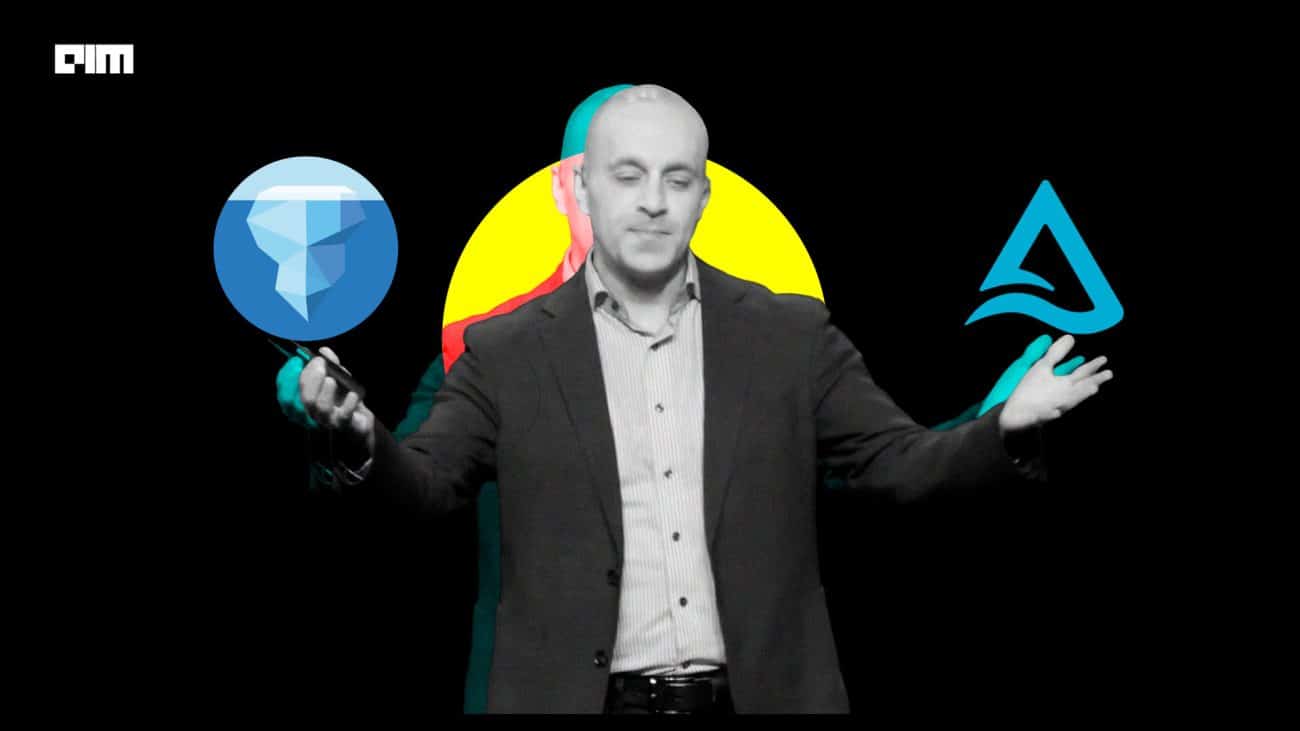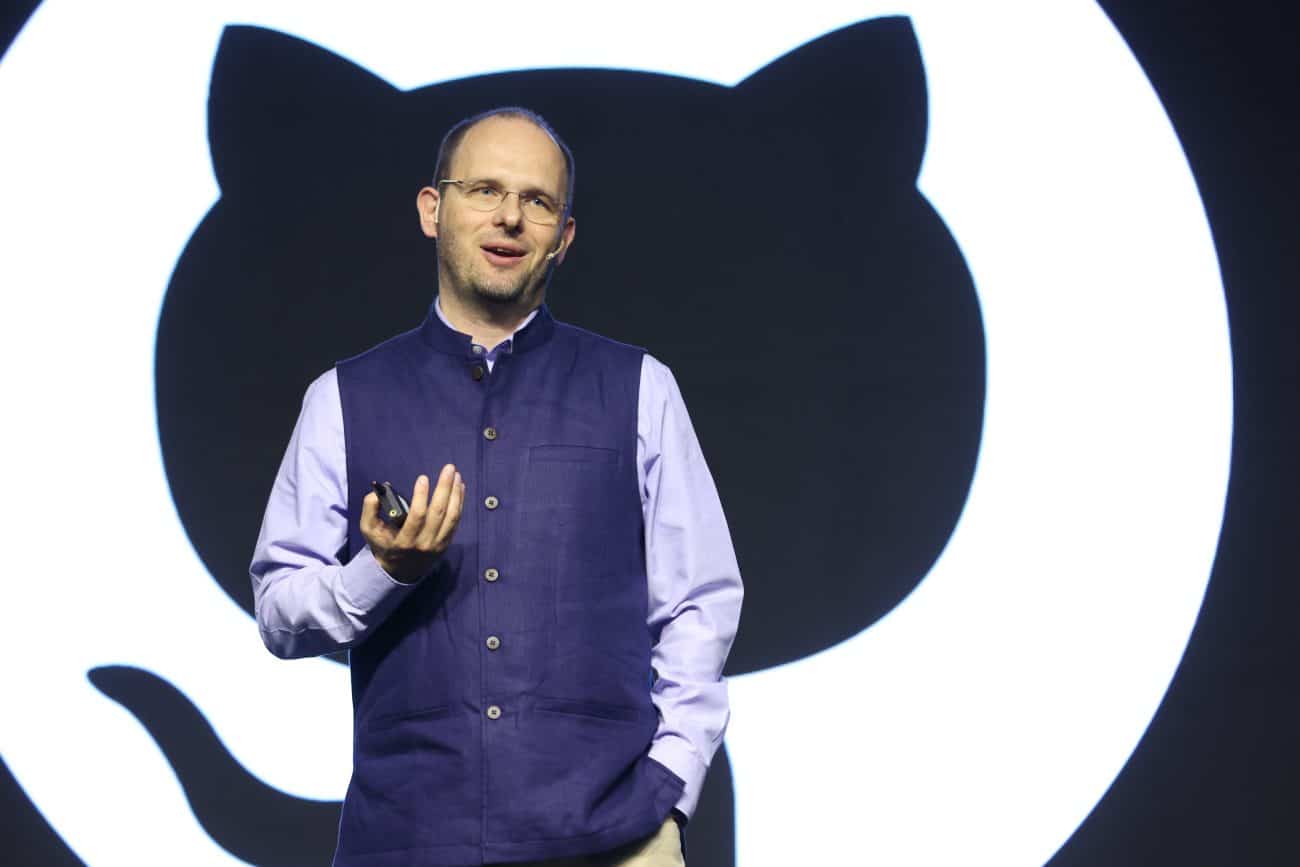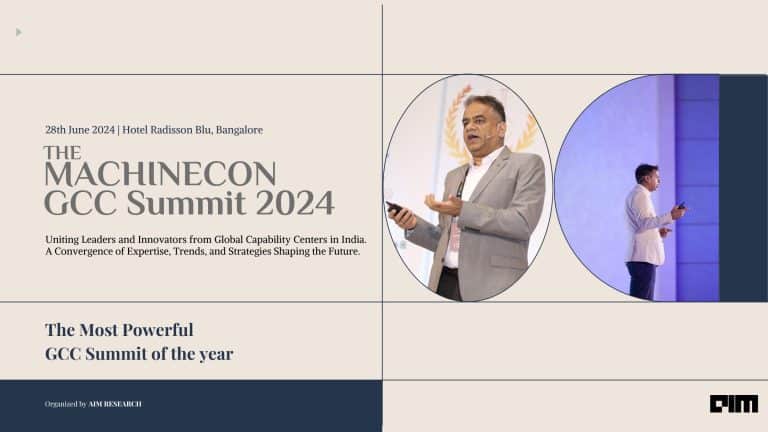Though Indian IT companies do not extensively disclose specific revenue figures related to generative AI, analysts approximate its current contribution to be between 1% and 3% of their total revenue.
The figures are, of course, estimated to only increase in the coming years. We have seen numerous examples of generative AI integration and reskilling efforts by Indian IT giants.
Coforge has developed an AI platform called Quasar, powered by 23 LLMs, which includes commercially available models, such as OpenAI’s GPT series models and Google’s Gemini, as well as open-source LLMs like LLaMA.
Quasar offers six accelerators tailored to specific AI capabilities – Quasar Document AI, Quasar Speech AI, Quasar Predict AI, Quasar Vision AI, Quasar Graph AI, and Quasar Conversational AI – available on the Microsoft Azure Marketplace.
“It’s crazy. Quasar is not one solution platform but has over 100 solutions and capabilities built into it,” John Speight, the customer success officer at Coforge, told AIM in an exclusive interaction.
It boasts a collection of over 100 APIs, featuring a modular and scalable architecture. Additionally, it offers a library of more than 100 pre-built cognitive and generative use cases.
“Quasar is not only packaged with generative AI capabilities, which we have built with our IP, but also other aspects of AI like vision models,” Speight said.
The second aspect is the wide array of capabilities it offers across various domains of AI expertise. It allows users to leverage the models of their choice and build their own use cases.
This includes document processing, image analysis, and speech recognition. It can also develop predictive and prescriptive models.
Biggest GenAI challenge is not tech
When leveraging an LLM, there could be a multitude of challenges associated with it, for instance, keeping the models grounded and reducing hallucinations. However, Deepak Bagchi, vice president – AI Practice at Coforge, said technology-related challenges are not their biggest issues.
“The real challenge lies in addressing the discussions surrounding AI capabilities. Customers often harbour concerns about AI’s impact and which models to employ, whether from hyperscalars or open-source platforms, while also factoring in cost implications,” he told AIM.
Indeed, the primary challenge for SaaS or IT companies integrating AI into their product remains change management. The experts AIM spoke to earlier, too, indicated something similar.
“Convincing users and decision-makers, who may fear job displacement or the perceived omnipotence of AI, poses the greatest challenge,” Bagchi pointed out.
Using generative AI for onboarding
Nonetheless, despite the apprehension, we are also seeing great adoption. Generative AI today is a part of most IT companies’ projects and so is the case with Coforge. The Noida-based IT company is helping a lot of customers in the contact centre space.
One of Coforge’s major offerings is contact centre automation for banks, covering multi-channel communications like voice, text messages, and emails.
“Our generative AI-powered solution analyses incoming queries, provides insights, and enables self-assist, reducing the need for human agents. This helps in cost optimisation by lowering the number of support tickets raised, which comes at a cost,” Bagchi said.
Moreover, Coforge is leveraging generative AI to assist clients in onboarding both customers and employees. At the time of this discussion, Bagchi was in France helping a large client develop a generative AI-powered solution for their onboarding processes.
As a result of this, according to Bagchi, accessibility has increased for their customers. Generative AI reduces the need for direct human involvement in many onboarding tasks.
For instance, generative AI can facilitate the process without requiring direct person-to-person interaction when transferring knowledge or providing information about products to new employees.
“This improves accessibility, allowing individuals to learn at their own pace and ask questions as needed. New employees or customers facing challenges can utilise generative AI to get timely assistance and information about products,” Bagchi added.
Speight added that Bagchi has trained over 100 senior leaders on generative AI while working for a big customer in France. “He is utilising Quasar to help them contextualise the technology and build their own AI solutions.”
Does Indian IT need to build LLM from scratch?
While Quasar leverages the most advanced LLMs available, the question arises of whether Indian IT firms must develop their own foundational model. Bagchi’s outright answer is no.
First, it’s a huge investment, and second, IT companies often deal with customers from multiple industries.
“The domains we work with are quite diverse. Building a specific LLM from scratch isn’t practical, so we focus on enhancing existing open-source LLMs like LLaMA. Our investment lies in fine-tuning and retraining these models for specific purposes,” he said.
However, a few IT firms are building their own LLMs from scratch for different reasons.
Hinduja Global Solutions, the IT management division of the billion-dollar Hinduja Group, for instance, is building its own industry-specific proprietary foundational models, which it will use for various internal and external requirements.
Moreover, Tech Mahindra is also building Indic LLMs from scratch in languages such as Hindi and Bengali, called Project Indus. The company’s desire to develop LLMs stems from former head CP Gurnani’s desire to develop a foundational language model deeply rooted in Indian culture and languages.














